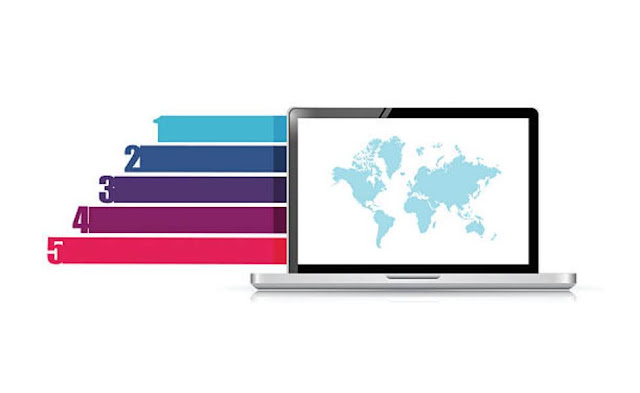Featured
- Get link
- X
- Other Apps
Design Tech: A Comprehensive Guide
Design Tech: A Comprehensive Guide to the Latest Trends
Introduction
The design field is undergoing a profound transformation in
today's rapidly evolving technological landscape. The convergence of design and
technology has given rise to new possibilities, redefining how products,
services, and experiences are conceptualized and delivered. This complete guide
explores the latest trends in design tech, highlighting their impact on
industries and offering insights into their potential future trajectories.
Augmented Reality (AR) and Virtual Reality (VR)
Augmented and virtual reality have transcended their initial
applications in entertainment and gaming, finding significant utility across
various sectors. Designers are leveraging AR and VR to create immersive
experiences, from virtual showrooms for retail to interactive architectural
simulations. These technologies enable users to engage with products and
environments unprecedentedly, fostering deeper connections and driving
innovation.
User-Centered AI and Machine Learning
Artificial intelligence and machine learning are
revolutionizing design by enabling personalized and anticipatory experiences.
Design tech powered by AI analyzes user data to adapt interfaces, Content, and
interactions according to individual preferences. This trend ensures that
designs are visually appealing and functionally tailored to each user,
enhancing user satisfaction and engagement.
Responsive and Adaptive Design
The proliferation of devices and screen sizes has prompted
the adoption of responsive and adaptive design principles. Designers are
creating interfaces that seamlessly adjust to various screen dimensions,
ensuring consistent user experiences across smartphones, tablets, laptops, and
beyond. This trend underscores the importance of accessibility and usability,
accommodating diverse user needs and contexts.
Generative Design
Generative design pushes the boundaries of creativity by
involving algorithms in the design process. Design tech tools use predefined
parameters to generate numerous design options, fostering innovation by
exploring unconventional concepts. This trend empowers designers to collaborate
with algorithms, resulting in unique solutions that combine human ingenuity and
computational capabilities.
Sustainability-Driven Design
Design tech is playing a pivotal role in addressing
environmental challenges. Sustainable design practices are integrated into
various industries, emphasizing resource efficiency, waste reduction, and
eco-friendly materials. Designers leverage technology to create products and
systems that minimize environmental impact, catering to an increasingly
conscientious consumer base.
Voice User Interfaces (VUIs)
The rise of voice assistants has given birth to the voice
user interface trend. Designers are reimagining user interactions by creating
interfaces that respond to voice commands. From smart speakers to in-car
infotainment systems, VUIs offer hands-free and intuitive engagement, shaping
how users interact with technology in their daily lives.
Immersive Content and 3D Experiences
Design tech elevates content consumption through immersive
experiences and 3D visuals. From near tours of real estate properties to
interactive storytelling in digital media, designers are crafting experiences
that captivate audiences and evoke emotional connections. This trend blurs the
line between physical and digital realms, providing engaging narratives through
multidimensional Content.
Biometric Integration
Biometric technology is transforming security and
personalization in design. From fingerprint and facial recognition to heartbeat
analysis, designers incorporate biometric data to enhance user authentication
and tailor experiences. This trend offers heightened security while simplifying
access to devices, applications, and services.
Data Visualization and Infographics
The era of big data has given rise to the need for effective
data communication. Design tech is driving the creation of innovative data
visualizations and infographics that distill complex information into understandable
formats. Designers are crucial in conveying insights and trends through
visually appealing and informative representations.
Conclusion
The intersection of design and technology is profoundly
reshaping industries and user experiences. From AR and VR to AI-powered personalization,
the latest trends in design tech are advancing innovation and transforming how
products and services are conceived, developed, and delivered. By embracing
these trends, designers can stay at the forefront of this dynamic landscape and
create solutions that resonate with users in an ever-evolving digital world.
- Get link
- X
- Other Apps
Popular Posts
Streamlining Your Manufacturing Process: Enhancing Efficiency and Productivity
- Get link
- X
- Other Apps

